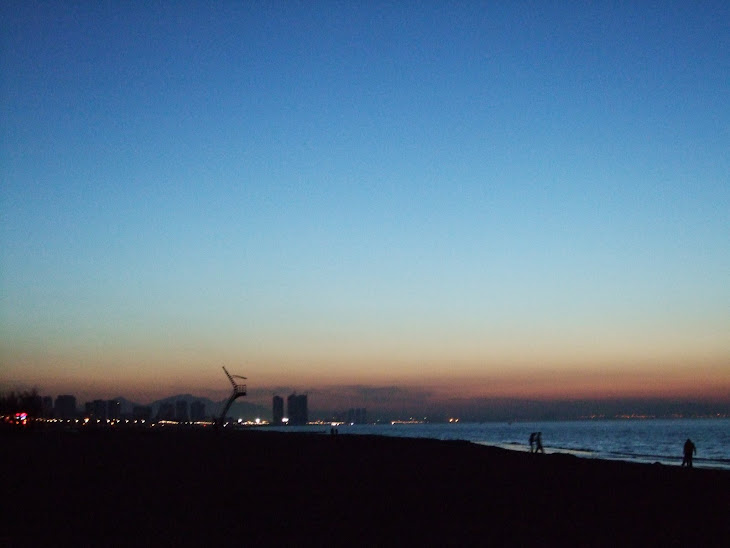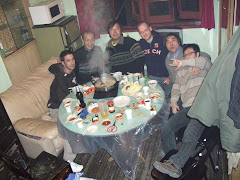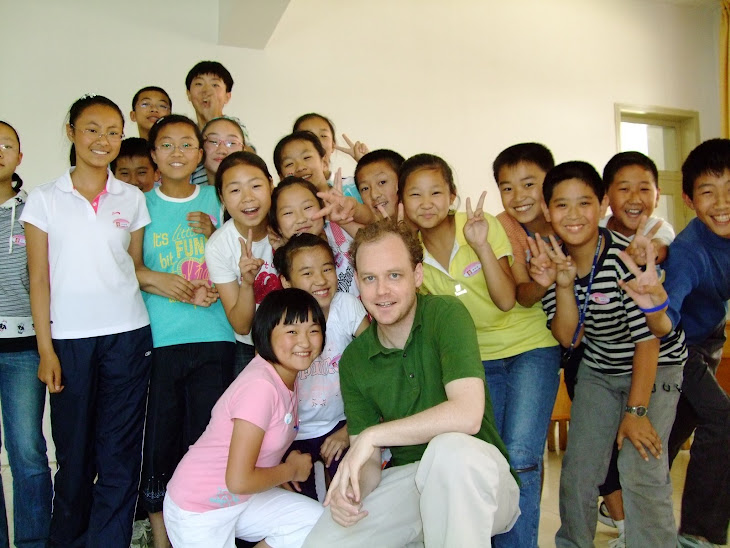That was the length of my University of Penn application. I will study Chinese part-time there in the Fall.Describe your educational history and background, making sure to address whether your records and transcripts accurately reflect your academic ability. Explain fully if you have ever withdrawn, taken a leave of absence, or been dropped by any school, college, or university.
I attended St. John Neumann High School in South Philadelphia from 1992 to 1996. At the time, I did not take my studies very seriously. My average throughout high school consistently stayed around 3.0 and I scored a 1090 on the SAT. As a result, finding college grants and scholarships proved difficult, as did getting accepted to some universities. I applied to several colleges and chose Temple University, mainly for the value and convenience it offered. In other words, my family couldn’t afford much more and I lived several blocks from the subway so getting to North Philly would be easy.
My first two years at Temple saw a continuation of my lackadaisical attitude from high school. Mediocre grades were quite normal for me as I pursued a degree in Accounting and spent a lot of time hanging out with friends. In the first semester of my junior year, however, I began to come to the realization that graduation would soon be upon me and I only had two years left to prove myself. For this reason, I began taking my courses more seriously.
This realization and attitude shift coincided with my interest in another business subject, Risk Management & Insurance (RMI). After taking a requisite course in RMI, I found myself interested in the field and the way insurance impacted the economy. In addition, I noticed that Temple boasted (and still does) one of the finest collegiate risk management programs in the country through the Sigma Chapter of Gamma Iota Sigma (GIS). For these reasons, I decided to add RMI as a major while continuing my pursuit of an Accounting degree, despite the fact that it would add a fifth year to my college studies.
Actually, I shouldn’t use the word “despite” here. The latter part didn’t really bother me. In fact, I saw another year in school as a good thing. It was like Max Fischer said in the movie Rushmore, “If I have to stay on for a post-graduate year then so be it.”
Over the next two and a half years, I became heavily involved with GIS, becoming an officer in the program after one semester. My involvement exposed me to responsibilities and opportunities I otherwise would not have had, including organizing a career fair, obtaining an internship at a well-regarded consulting firm (Mercer) and being elected National Student Representative at the GIS National Conference in April 2000. The faculty leader for GIS had more influence on me than any teacher I knew. As a result of his influence, I found myself dedicated to my studies in a way I had never been before. In addition to the experiences and hard work that came with GIS, I maintained a 4.0 grade point average in my RMI major. I look back on those last two years fondly now, as they taught me the importance of having an excellent work ethic.
Write a brief essay describing your academic and personal goals and explain how these will be furthered by study at Penn in general and at LPS in particular. Feel free to discuss a specific academic topic you have enjoyed studying and explain why it is of interest to you. One of my life goals has always been to speak another language fluently. When I was a child, I was always jealous of people who could speak another language, regardless of what it was. I studied Spanish for a total of five and a half years - four in high school, followed by three semesters in college. Throughout this time, I struggled mightily with all phases of the language. In fact, Spanish was always one of my weakest classes. I was interested, but had little to show in terms of results.
Year after year I continued studying Spanish - not because I had to, but because I wanted to. I didn’t understand language acquisition. I thought that eventually my brain would catch on and I’d wake up speaking Spanish one day. People mentioned that it is difficult to pick up another language unless you live in the country where it is spoken. Looking back on it now, this is correct. Immersing yourself in the language and its culture is critical, but I did not have the emotional means for it at the time. Like a lot of people, I feared leaving the familiarity of my country to explore the unknown.
I moved to Chicago after graduating college and during my time there, I began to open up to the idea of visiting foreign countries. I obtained my first passport in 2004 and made three trips to Europe over the next three years. I visited Germany, the Netherlands, and the Czech Republic and each time I found myself obsessed with picking up whatever small pieces of the language I could. I would peruse language dictionaries leading up to the trip and ask locals for tips on pronunciation. It was during these trips that I realized I still had a potent interest in foreign languages. As a result, I began researching what it took to successfully move overseas and learn a language. I moved to China in November 2007 and have spent the better part of the last 16 months here, studying or practicing Mandarin Chinese everyday.
Had it not been for a family issue last year, I would probably stay here for another year. But, I miss Philadelphia and want to return home. At the same time, I have no desire to regress in Chinese. My English language students here have inspired me to believe that it is possible to progress in a language even when it is not the native tongue. You must work hard, but it can be done. And, so, that is my plan for later this year. To that end, I can’t imagine a better way to sustain and improve my Chinese language capabilities than at the University of Pennsylvania’s LPS Language Center.
Describe any non-academic experiences that you feel strengthen your application such as employment, travel, community affairs, volunteer work, publications, etc. Upon graduating from Temple University, I left Philadelphia for Chicago where I worked in the health insurance industry for six years. Professionally speaking, this time was divided into three two-year segments. I worked for two years at Mercer Consulting, a health insurance advisory firm, before leaving for Blue Cross and Blue Shield of Illinois. While there, I worked two years in the underwriting department before transferring to the marketing department. During my two years in the marketing department, I was promoted from a senior account executive to a principal account executive. My responsibilities included maintaining a book of business in the municipal accounts department while expanding our clients’ product offerings. Chicago was a good challenge for me. I moved there by myself and it proved to be one of the most difficult and rewarding things I have done. I learned how to be at peace and comfortable with myself. In fact, my life was so comfortable; I became a bit bored with it. After several months of careful thought and research, I moved to China and have been studying Chinese here since then.









